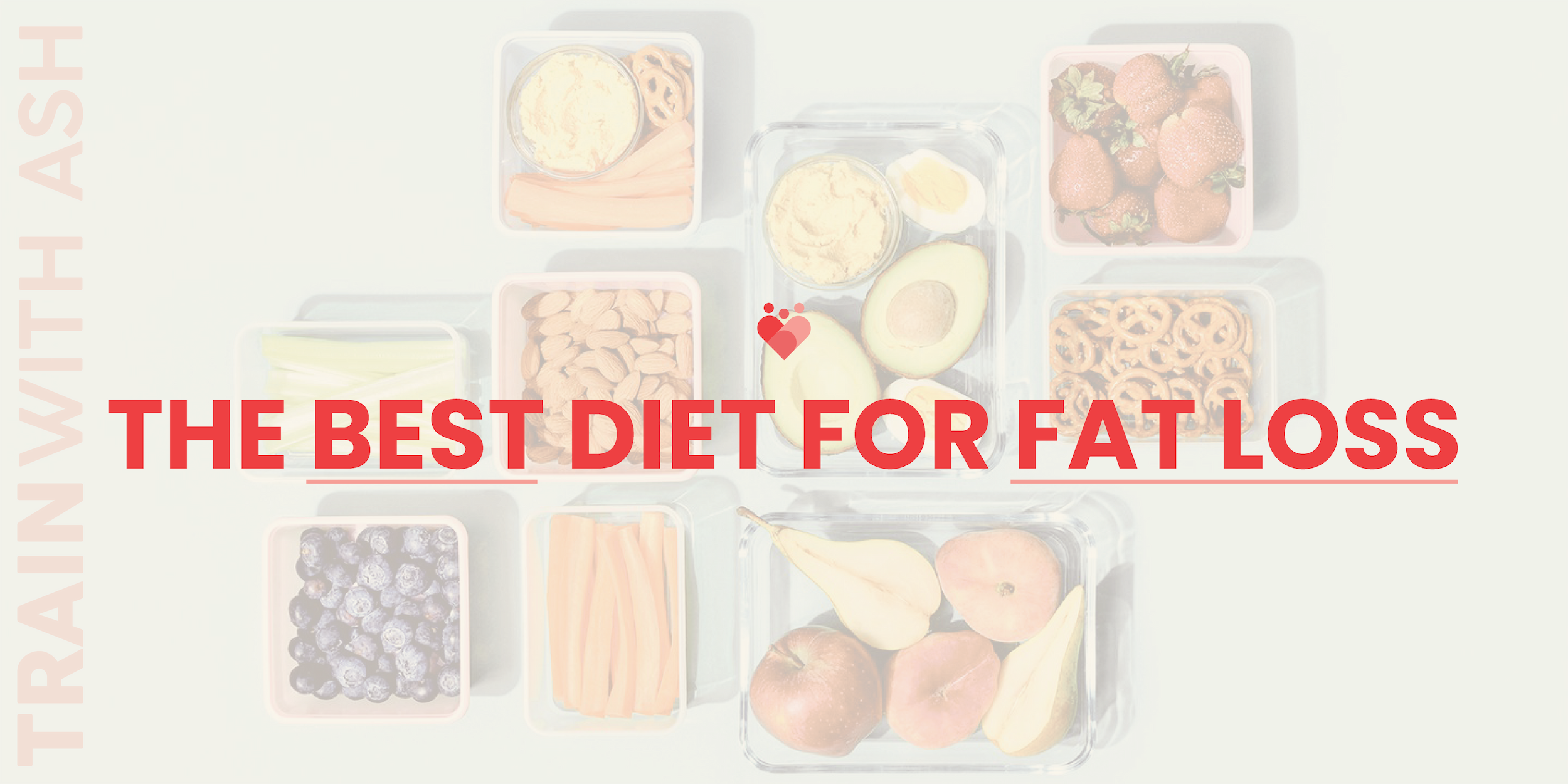Here’s the best diet for FAT LOSS
How many times have you heard or read that? Or something similar? Try Keto for fastest results, Intermittent Fasting speeds up fat loss, Sweat is Fat crying, low carb high fat or high carb low fat, train fasted.. Why on earth does it have to be so confusing..? And so restrictive?!
Let me introduce you to maintenance calories. This is the amount of calories you consume each day / week to neither gain or lose weight. Just to maintain. To make this easier I am going to pick the number 1500 to use as an example.
If you consistently consume more than 1500 calories a day, you’ll gain weight. If you consistently consume less than 1500 calories per day you’ll lose weight. That’s really how simple it is.
It does not matter what these calories are made up of. If your maintenance calories are 1500 and you consume 1000 calories of McDonalds every day, you will be in a calorie deficit and lose weight. And it works the other way around too – if you consume 2000 calories of your favourite healthy cafe’s food every day, then you’ll be in a calorie surplus and gain weight.
Keto, Vegan, Low Carb, Low Fat, The Potato Diet, Intermittent Fasting – NONE of that has a direct impact on Fat Loss.. None of those things will speed up or slow down your FAT LOSS journey. And the majority of the time they actually do the opposite – and here’s why..
You can’t eat CHOCOLATE (insert your favourite food here). What do you want? Yep – you want the chocolate or donut or lollies or wine or whatever it is that brings you joy.
Restriction almost always leads to binging. You restrict for an 8 week challenge or some new health kick, pretending your fave foods don’t exist, while at the same time increasing your sweat sesh cardio classes through the roof – you stick to it for as long as you possibly can, and then when it’s all over you go back to how you used to eat and train (or worse) and what happens? All the weight comes back. And sometimes more.
Sounds familiar?
So what’s the solution..?
Pick a sustainable way of eating, something that you can see yourself doing for 10+ years, and match that up with a method of training that suits your goal.
If you love DONUTS. Excluding them from your life with an extreme diet approach is not going to be sustainable or be something you can stick to – and if you’re thinking that you’ll just exclude them until you hit your goal, and then go back to eating them again, I’ve got some more bad news..
Whatever it took to get you to your goal, will be what it takes to stay there. So if that meant extreme restriction + endless cardio, that’s what you’re going to have to continue.
So here’s an easy way to put all of this together and take action today.
Calculate your maintenance calories – Track your intake for 2 weeks. Simply eat and drink how you normally would for 2 weeks, and at the end of that time if you’ve neither gained or lost weight – that’s your maintenance calories.
We’re halfway there!
Protein is extremely important for muscle growth and even more important for muscle retention during a deficit. We want to ensure we’re losing mostly fat and the least amount of muscle as possible (more about this later).
Most experts will recommend you consume between 1.4 – 2.2g of protein per KG of bodyweight per day.
So if you weigh 80kg for example, 80kg X 1.6 = 128. So 128g of protein each day. The higher in the range the better, particularly if you’re in a deficit, however if you have quite a lot of weight to lose you may find this is simply too high, so in that case use your goal weight for the calculation.
Use your maintenance calorie number, and subtract 10% – 30% to enter a calorie deficit.
Once you’ve hit your protein for the day, you can fill the rest of your calories with what brings you joy. And yep – that’s where you fit in the Donut or the Chocolate or the Wine or the Lollies or whatever it is that’s enjoyable for you.
Oh and if you’re not sure what you should be doing for training with a goal of fat loss, check out this study that looks at 3 different fat loss strategies. 1 – Calorie Deficit. 2 – resistance training only. 3 Calorie Deficit AND resistance training. The calorie deficit & resistance training group (group 3) lost the most at 3.2kg of fat mass compared to the diet only group (group 1) who lost an average of 2.5kg of fat mass, and the resistance training group actually gained 2.5kg lean body mass showed no decrease in fat mass.
So to wrap up:
- A calorie deficit is key to losing body fat, but adding regular resistance training can have an even bigger impact.
- Training alone is not sufficient enough to lose body fat
- There’s no magic attached to any diet – if you enjoy eating a certain way or choose to eat a certain way for ethical reasons, that’s fine, but no specific diet or intake will speed up or slow down fat loss – it’s all about calories in vs calorie out
- If the goal is fat loss, resistance or strength training will usually get you to this goal easier and faster, and tend to be more sustainable once you hit your goal.


0 Comments